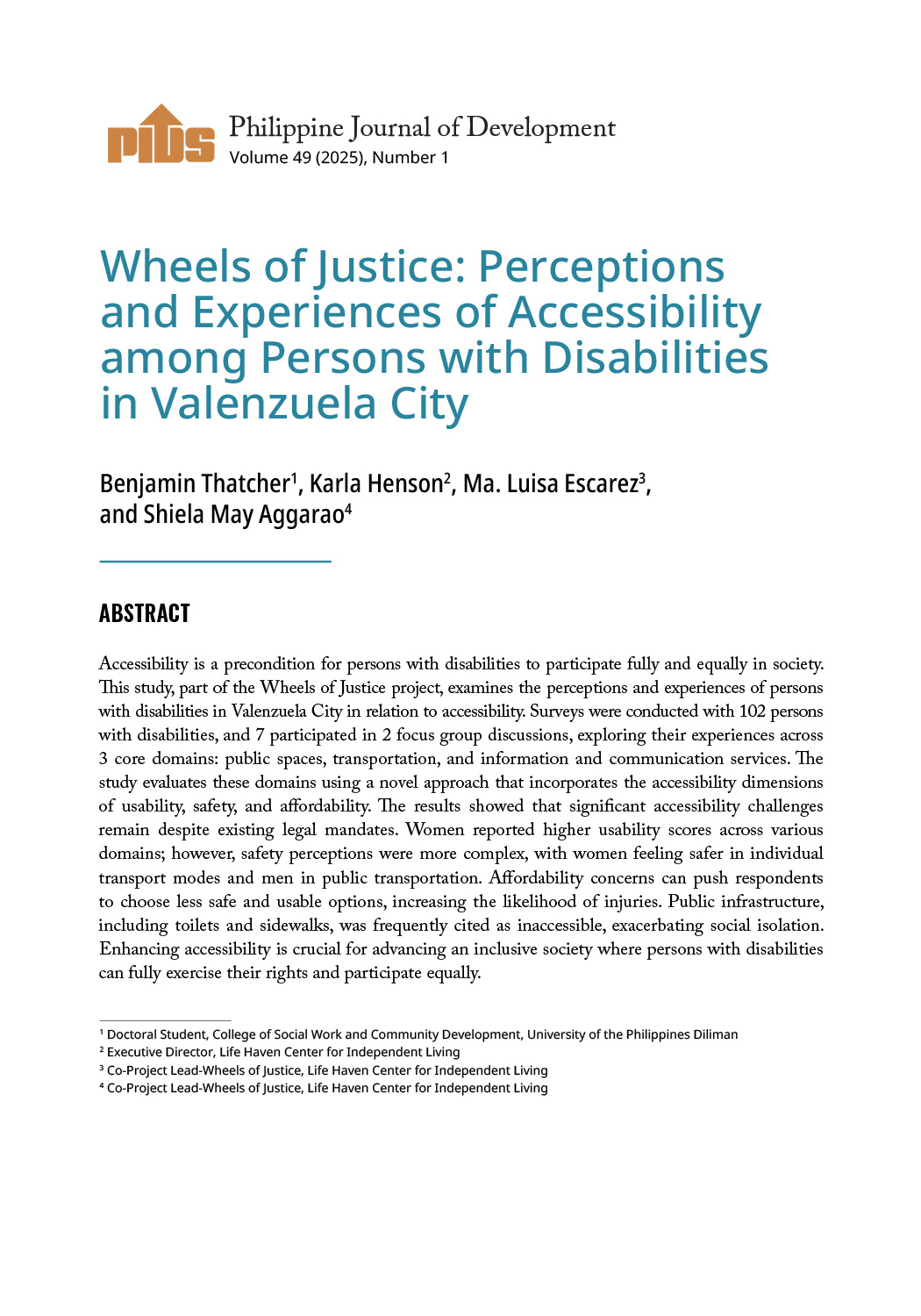To make the anti-political dynasty more acceptable to politicians, experts suggested Thursday to a Senate committee to prohibit only fat dynasties or members of a political family who occupy several elected posts at the same time.
Dr. Ronald Mendoza, dean of the Ateneo School of Government and who studied political dynasties in the country, said the ordinary definition of dynasty is at least two members of a political family occupy posts.
He said in a fat dynasty, 12 to 20 family members are in several elected posts.
“Kakambal ng kahirapan ay mas maraming dynasty. Kapag mas maraming dynasty hindi lang two to three family members kundi 20 family members, 12 family members, evidence shows poverty is connected with fat dynasty,” he told the Senate committee on electoral reforms and people’s participation.
In an interview after the hearing, Mendoza said preventing only fat dynasties is a politically feasible suggestion.
“Ito po ay isang politically feasible suggestion dahil iniisip nating lahat kung paano papasa ito sa Kongreso, sang-ayon na rin sa datos natin 81 percent of governors are dynastic, 78 percent of congressmen are dynastic, 69 percent of mayors are dynastic. Nagpe-present sila ng data, e sila sila rin lang ang magde-decide,” he told reporters.
He said the Senate could allow members of a political family to hold an elective post one after the other.
“Ang mungkahi po namin, tama po meron pong mga dynasty na magkakasunod lang sila, hindi nagsasabay-sabay. Ang tingin po namin sa pattern na ‘yun ay they still care about their legacy, ayaw rin po nila na napakasama ng tingin sa kanila ng taumbayan kung kaya maayos po nilang pinamamalakad ang kanilang pamilya na ‘wag tayong magsabay sabay kasi hindi magandang tignan,” he said.
Dr. Jose Ramon Albert, research fellow at the Philippine Institue for Development Studies, agreed that the definition should be limited to fat dynasties to allow its passage in Congress.
“We have been putting the wrong questions. Ang tendency ng pulitiko for the past years ay kinakatakutan nila i-define ang political dynasty dahil sila ang apektado. Gusto nila manilbihan. Hindi masama ang paninilbihan, ang masama ay hindi tayo open sa pagbabago,” he said during the hearing.
Mendoza said checks and balances does not work in fat dynasties.
“How will the checks and balances work if the governor is related to two to three provincial members? How will the checks and balances work if the children of the governor is mayor in two to three towns? The general message is that overtime ang mga tumatakbo ay pataba nang pataba, ibig sabihin lumalaki ang bilang ng mga miyembro ng kanilang pamilya na nasa office,” he said.
He said violence, intimidation, and corruption happen in areas where fat dynasties are present because the officials tend to collude with each other.
“Napakahirap pong pag-isipan na meron pang accountability sa lugar na ‘yan so the main evidence that we have is fat dynasty, kahit ano pang porma ng gobyerno ang ilagay natin dyan federal, unitary, presidential, parliamentary, kung ang pagpili natin ng pinuno ay nagmamalfunction mahirap pong paniwalaan,” he said.
He agreed with Senate Minority Leader Franklin Drilon that a provision against political dynasties should be included in the proposed Bangsamoro Basic Law.
“Napakaimportante ng probisyon na ‘uun at ako ay naiinggit sa ating mga kababayang Muslim at mga kababayan nating Moro dahil may pagkakataon sila na maayos ang pagpili ng pinuno. I support Senator Drilon in putting that in there and I think many of our citizen actually benefit from the better selection of leaders that could take place because the starting point is very, very important,” he said.
He said the fear of some people in Mindanao that they will no longer have any leaders once the anti-political dynasty provision is included in the BBL has no basis.
“Sinasabi na mauubos daw ang pinuno ng ARMM dahil andami nilang magkakamag anak na nakaupo sa ARMM. We must give others who wanted to serve Mindanao a fighting chance. The resistance is not really coming from the people but the leaders. The people cannot speak because of their leaders, we must fight for them. We are for more filipinos serving the country,” he said.
In his presentation, Mendoza said the poorest provinces are rich in fat dynasties. —NB, GMA News












